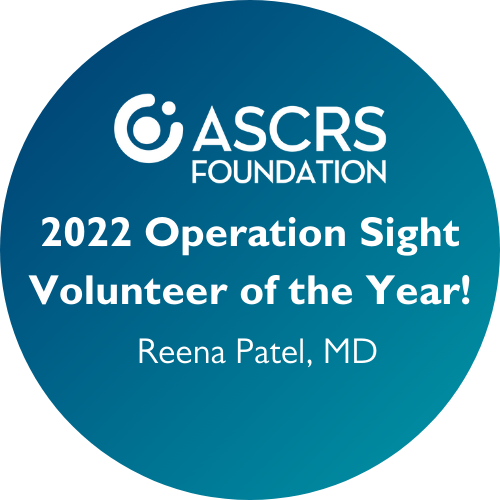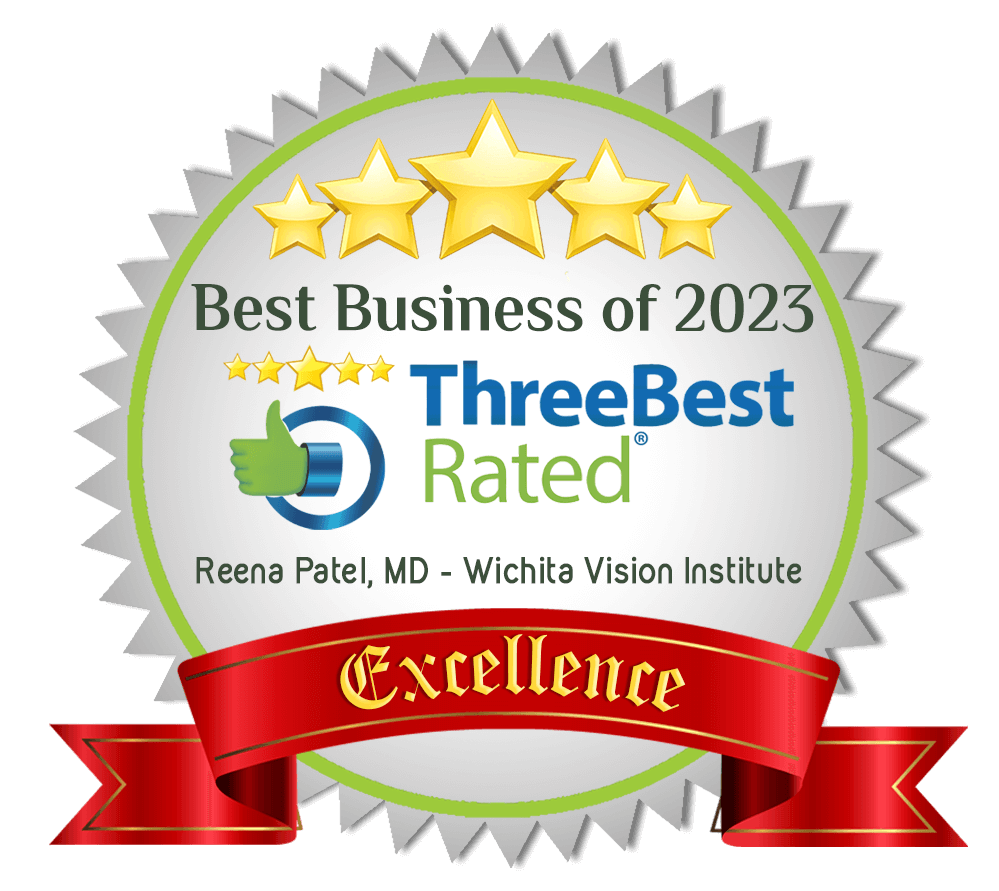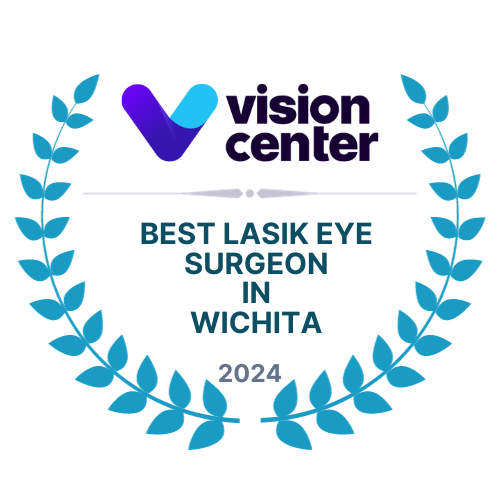It is no secret that a poor diet can negatively affect your weight, body composition and overall health but did you know that consuming mostly processed, high-fat foods can lead to vision problems and eye disease? While maintaining a healthy and nutrient-rich diet will promote eye health, the opposite can increase your risk of serious eye complications. Saturated fat found in greasy or fried foods, large amounts of sugar, red meat and dairy products can cause plaque that builds up in blood vessels. Poor blood circulation can affect the optic nerve and cause damage to the retina, the light-sensitive layer of tissue that sends signals to the brain to interpret the images we see. A junk food laden diet can increase the risk of age-related macular degeneration which causes central vision loss that may lead to blindness. In contrast to the negative impact on vision, how diet can affect your eyes in a positive way begins with eating 2 or more servings per week of foods rich in omega-3 fatty acids that can be found in oily fish are linked to healthy eyes.
By including other healthy foods in your diet, you will be taking essential steps to safeguard your eyesight and protect against serious eye conditions. Diets rich in zeaxanthin, zinc and lutein can be attained by eating eggs. Leafy greens such as kale, collard greens and spinach also contain zeaxanthin and lutein as well as antioxidants that protect the eyes against UV damage. Citrus and berries are loaded with vitamin C, which has been proven to slow the development of cataracts and macular degeneration. Sweet potatoes are an excellent source of vitamin A, a great source of protection against dry eyes, night blindness and the development of eye infections. Staying hydrated by drinking plenty of water, at least 8 glasses per day, will serve as a protective barrier against allergens and irritants.
Comprehensive eye exams can assess your health and even diagnose underlying health conditions. Schedule an evaluation at Wichita Vision Institute today by calling 316-773-6400 or booking online at WEBSITE.






